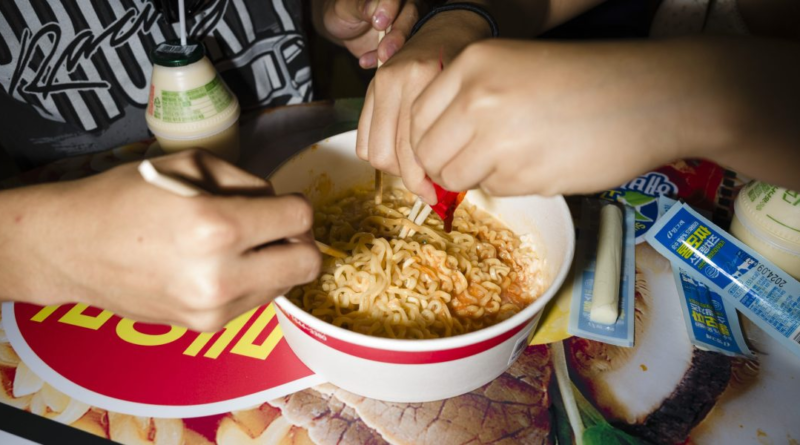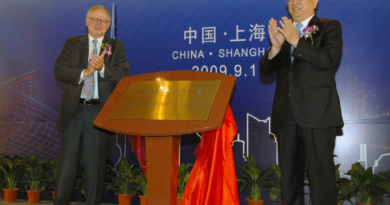Denmark brings back the Korean noodles it banned for being ‘too spicy.’ But it still doesn’t allow marmite—and energy drinks for kids could be the next to go
Denmark has adopted a left-field approach to many food-related topics. The country once banned drinks sold in cans and became the first country in the world to ban trans fat in foods. (Many European countries eventually followed suit.)
Marmite, a much-loved British savory spread, still doesn’t quite meet Denmark’s nutritional requirements because of the additives that fortify it.
While the Nordic country’s food vigilance has been related to health concerns for the most part, its recent ban on a brand of instant noodles went beyond that. Why? The Danish food regulators ruled them too spicy (and therefore, a health hazard) back in June.
But now, Danes can buy the Buldak noodles at grocery stores once again.
Buldak noodles have become a viral sensation (even rapper Cardi B tried it) after being shared on social media by users challenging themselves to test their spice tolerance. This interest ultimately prompted Danish authorities to briefly ban the noodles, as they could pose a health risk to some.
Two months ago, Danish authorities said that the Buldak noodles, made by South Korean company Samyang Foods, were being recalled because capsaicin content, which is a naturally occurring ingredient that lends the spice to chilies, could “pose a risk of acute poisoning.”
This was especially a threat for children, the weak and the elderly, a spokesperson for the Danish Veterinary and Food Administration (DVFA) told Fortune in June. Some of the possible risks include high blood pressure, nausea and vomiting.
The ban was extended to three variants of the brand’s noodles: Samyang Buldak 3x Spicy & Hot Chicken, Samyang Buldak 2x Spicy & Hot Chicken, and Samyang Buldak Hot Chicken Stew.

Jintak Han—The Washington Post/Getty Images
The reversal, which applied to two varieties last month, came after the South Korean company challenged the ban. Last week, it celebrated the news of its noodles being back on grocery aisles amid great fanfare, welcoming enthusiasts onboard a ferry in Copenhagen and serving them the infamous Buldak noodles, Reuters reported.
“When they were banned, I bought like 50 packages, which I still have now but I guess I have a good deposit,” Phillip, a Copenhagen resident who was onboard the ferry, told the outlet. “I feel great now that they’re available again.”
Denmark hasn’t hesitated to ban other foods that pose potential health risks. That’s what got products popular in other parts of the world—such as Horlicks, Ovaltine and Marmite—on the country’s kill list. The ban isn’t so much about the brands as it is about the regulation that governs them, which stipulates that vitamin and mineral content be within a threshold.
Energy drinks are in the midst of a similar tussle now. Health and consumer groups in Denmark are calling for their ban for youngsters under 16 years old because of their high caffeine content. Norway has already taken steps to ban such drinks.
“Children are under massive pressure from advertisements and influencers to drink these harmful sodas,” Morten Grønbæk, CEO of The Centre for Childhood Health, told Euronews last week.
“Unfortunately, warnings and good intentions from the beverage industry have not been enough.”
The debate is still ongoing about whether energy drinks can continue enjoying freedom in Denmark.




